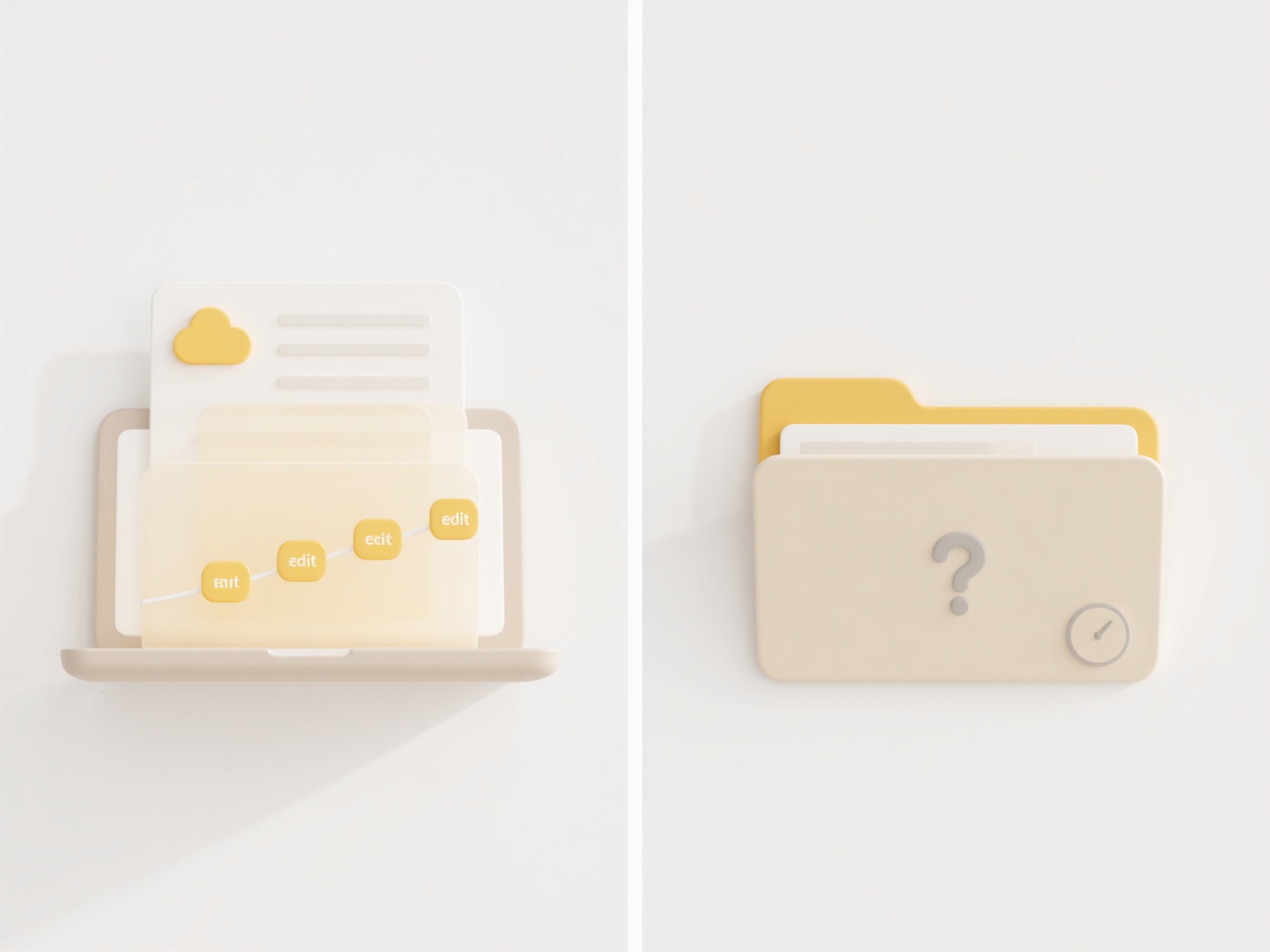
When a user account is deleted, the fate of files that user shared depends primarily on the specific platform's architecture and policies. Generally, deleting the account revokes the user's access permissions and removes their ownership. Shared files stored directly on that user's personal storage space (like their private Drive or Documents folder) are usually deleted entirely. However, files saved to collaborative spaces (shared drives, team folders) typically remain accessible to the team, as ownership transfers to the space itself or designated administrators. This differs from simply removing a user's permission to access shared files.
For example, on Google Workspace, files solely owned by the deleted user and stored in 'My Drive' are permanently deleted. Files they co-owned or solely owned within a 'Shared Drive' remain intact, owned by the Shared Drive. Similarly, in Microsoft SharePoint/OneDrive, files stored in the user's personal OneDrive are typically deleted upon account closure, while files saved to a SharePoint site library persist, managed by site owners. File-sharing platforms like Dropbox Business also usually retain files in team folders.

The main advantage is preserving critical team data stored in collaborative spaces. A key limitation is potential loss of files only saved to a user's personal storage without prior backup. Ethical implications include ensuring users understand data policies and platforms providing clear warnings during deletion. Organizations must implement data governance policies, potentially using ownership transfer tools before deleting accounts, to prevent unintentional data loss while respecting privacy.
What happens to shared files when the account is deleted?
When a user account is deleted, the fate of files that user shared depends primarily on the specific platform's architecture and policies. Generally, deleting the account revokes the user's access permissions and removes their ownership. Shared files stored directly on that user's personal storage space (like their private Drive or Documents folder) are usually deleted entirely. However, files saved to collaborative spaces (shared drives, team folders) typically remain accessible to the team, as ownership transfers to the space itself or designated administrators. This differs from simply removing a user's permission to access shared files.
For example, on Google Workspace, files solely owned by the deleted user and stored in 'My Drive' are permanently deleted. Files they co-owned or solely owned within a 'Shared Drive' remain intact, owned by the Shared Drive. Similarly, in Microsoft SharePoint/OneDrive, files stored in the user's personal OneDrive are typically deleted upon account closure, while files saved to a SharePoint site library persist, managed by site owners. File-sharing platforms like Dropbox Business also usually retain files in team folders.

The main advantage is preserving critical team data stored in collaborative spaces. A key limitation is potential loss of files only saved to a user's personal storage without prior backup. Ethical implications include ensuring users understand data policies and platforms providing clear warnings during deletion. Organizations must implement data governance policies, potentially using ownership transfer tools before deleting accounts, to prevent unintentional data loss while respecting privacy.
Quick Article Links
Can Wisfile be used in compliance-sensitive industries (e.g. finance)?
Can Wisfile be used in compliance-sensitive industries (e.g. finance)? Wisfile meets stringent privacy requirements, ...
How do I save files with encryption?
File encryption converts standard data into scrambled, unreadable code to protect it from unauthorized access. To save a...
How do I group files by subject, author, or keyword automatically?
How do I group files by subject, author, or keyword automatically? Wisfile uses its local AI engine to automatically g...